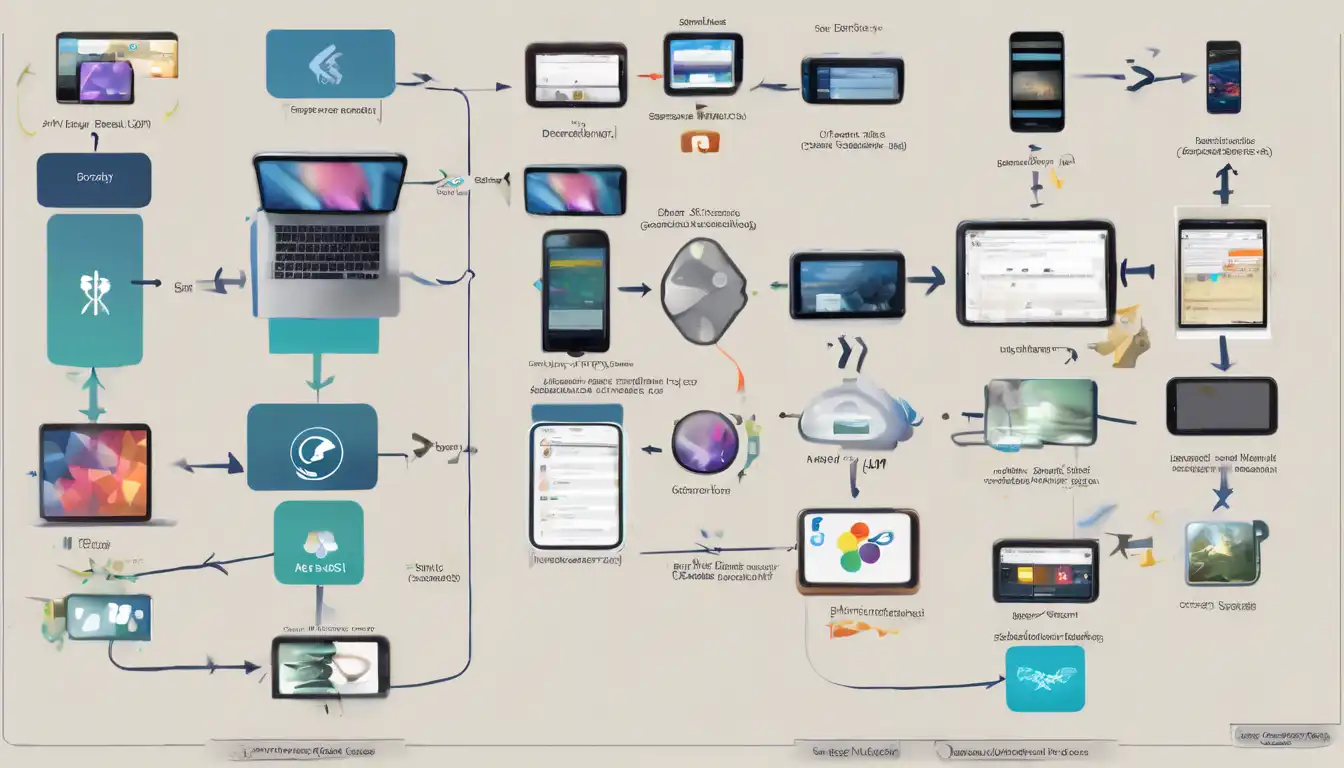Introduction to Cross-Platform Mobile Development
In today's fast-paced digital world, the demand for mobile applications is at an all-time high. Businesses and developers are constantly seeking efficient ways to build apps that work seamlessly across multiple platforms. Cross-platform mobile development tools have emerged as a game-changer, enabling developers to write code once and deploy it across iOS, Android, and other platforms. This article compares the top cross-platform mobile development tools, helping you make an informed decision for your next project.
Why Choose Cross-Platform Development?
Cross-platform development offers numerous benefits, including reduced development time, lower costs, and a unified codebase. It's an ideal choice for startups and enterprises looking to maximize their reach without compromising on quality or performance.
Top Cross-Platform Mobile Development Tools
1. Flutter
Developed by Google, Flutter is a popular open-source framework for building natively compiled applications for mobile, web, and desktop from a single codebase. Its hot reload feature allows developers to see changes instantly, significantly speeding up the development process.
2. React Native
Created by Facebook, React Native enables developers to build mobile apps using JavaScript and React. It's known for its vibrant community, extensive library of plugins, and the ability to deliver near-native performance.
3. Xamarin
Owned by Microsoft, Xamarin is a powerful tool for building cross-platform apps with .NET and C#. It offers a single language for all platforms, making it a favorite among developers with a .NET background.
4. Ionic
Ionic focuses on building hybrid mobile apps using web technologies like HTML, CSS, and JavaScript. It's perfect for developers looking to leverage their web development skills for mobile app creation.
Comparing the Tools
When choosing a cross-platform development tool, consider factors such as performance, community support, learning curve, and the specific needs of your project. Flutter and React Native are leading in terms of performance and community, while Xamarin and Ionic offer unique advantages for specific developer backgrounds and project requirements.
Performance
Flutter and React Native are known for their high performance, closely mimicking native app behavior. Xamarin also offers good performance, especially for apps requiring heavy use of device-specific features. Ionic, being a hybrid framework, may not match the performance of the others but excels in development speed and ease of use.
Community and Support
React Native boasts a large and active community, providing a wealth of resources and third-party libraries. Flutter's community is rapidly growing, thanks to Google's backing. Xamarin benefits from Microsoft's support, while Ionic has a strong following among web developers.
Conclusion
Choosing the right cross-platform mobile development tool depends on your project's specific needs, your team's expertise, and your performance requirements. Whether you prioritize development speed, performance, or community support, there's a tool out there that's perfect for your next mobile app project. Explore each option further to find the best fit for your development goals.
